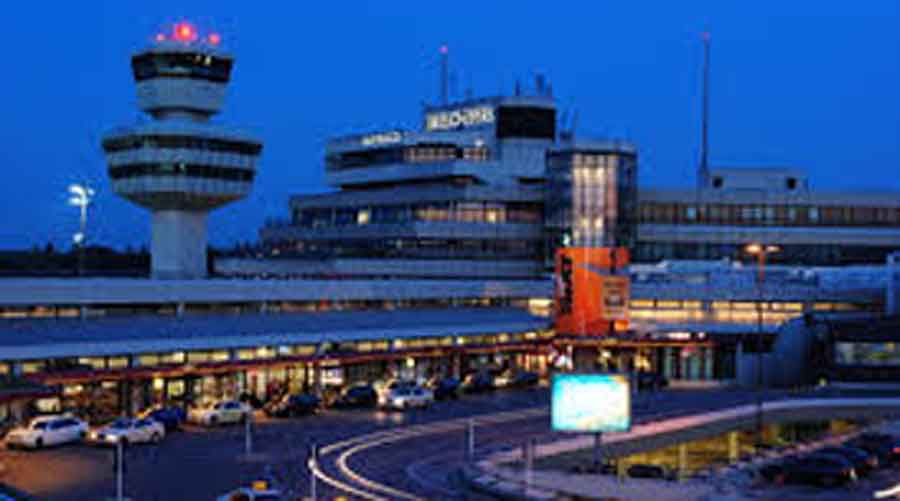Berlin will not hold a party when it opens its new airport on October 31 because it is so embarrassed about how long it took to build, but it will mark the closure of the Tegel airport it replaces, the boss of the German capital's airports said on Tuesday.
”There is no big party. We are just going to open,” Engelbert Luetke-Daldrup told a news conference.
”We German engineers were ashamed,” he said, adding that the delays had made Berlin, and Germany, a“laughing stock”, while the fact that costs had spiralled to 6 billion euros ($7 billion) from an original 2.7 billion was also not acceptable.
Construction began in 2006 on the BER airport, which had originally been due to open in 2011. But construction problems and technical issues saw the date pushed back repeatedly.
That left Berlin relying on two outdated and increasingly crowded Cold War-era airports: Tegel, which served the west of the city, and Schoenefeld, once Communist East Berlin's airport which will be integrated into the new airport.
Easyjet and Lufthansa will simultaneously make the first landings at the new airport on Oct. 31.
Because of the coronavirus pandemic, Luetke-Daldrup said Berlin's airports will need government support of around 260 million euros, with only around 10 million passengers expected in 2020, down from 36 million last year.
Luetke-Daldrup appealed for the new airport to be awarded more international landing slots, saying tourists from places like China wanted to fly directly to the capital, rather than via hubs like Frankfurt and Munich.
Berlin will hold a celebration to thank Tegel when it closes on Nov. 8, Luetke-Daldrup said, noting that it is seen as a symbol of freedom and appreciated for its architecture.
French occupying forces built Tegel in 1948 during the Berlin airlift, when the western allies flew in supplies to West Berlin after Soviet forces cut off road and rail transport. It started commercial operations in 1960.











